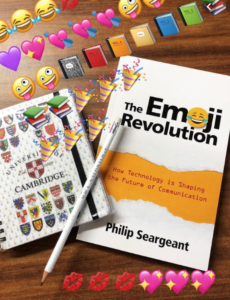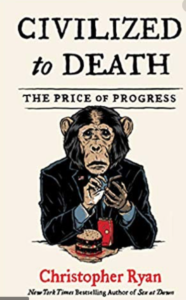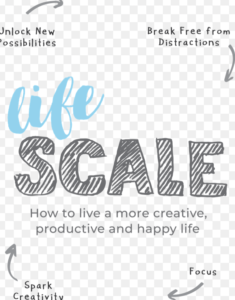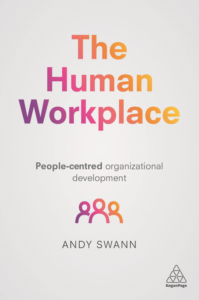Marek Zmysłowski is an amazing entrepreneur who has written a real-life thriller based on his career in Poland and, most intriguingly, Africa.
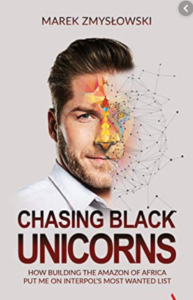
I have met Marek Zmysłowski twice in Africa and, more recently, in London. The nights we had in Johannesburg and Lagos were legendary, but a gentleman never tells.
He is a Polish firebrand and whirlwind, driven by entrepreneurial zeal and loves life almost as much as I loved his book, Chasing Black Unicorns.
They say that there is a book inside every journalist… and that’s where it should stay. I would also say that there’s a book inside every entrepreneur and that’s where it should be buried, but not in this case.
This story is more like a Robert Ludlum African-based thriller and it rolls and rolls like an exciting rollercoaster.
It begins slowly with a young Zmysłowsk dreaming of big things in a small Polish town. His ambition knows no bounds as he chases the zloty and dollar by working in finance and, memorably, in the funeral business. He spends what he earns and he loves spending as his internet pioneering makes him a Polish player.
Then an opportunity arises with Rocket Internet to set up the ‘African equivalent of Expedia’ in Nigeria. Zmysłowsk takes up the challenge and heads to Lagos and in the next couple of years does the almost-impossible in doing exactly that.
Then the problems begin. Agent provocateurs, dissembling investors, strategies-from-above and all of the above magnified by the chaos of Nigeria mean trouble for Zmysłowsk. Not only is he ousted from the business he built up, but his new venture is seen as a threat.
Before he knows it, he is on Interpol’s most wanted list and endures prison after being arrested at Warsaw airport expecting to be extradited to Nigeria.
I won’t spoil the ending because there is much to read and admire here. His writing is crisp and he never loses faith even when the Gods seem out to screw him over. His book is a hell of a ride, I recommend you join him. A really excellent story.
